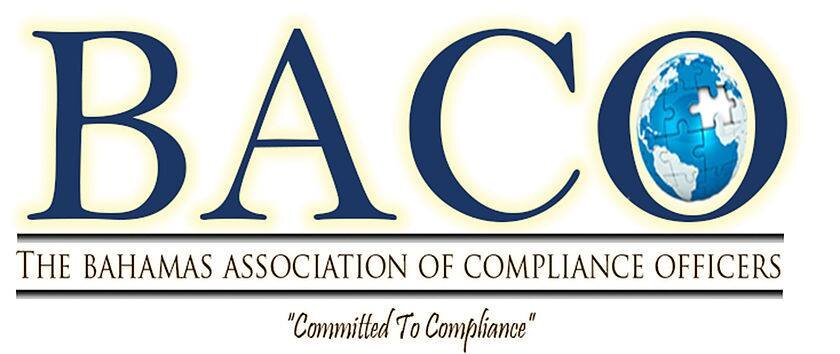International Compliance Association
We caught up with ICA member Ella Mbaeri, EMEA Head, Compliance, about the challenges and opportunities in the compliance field, the benefits of being an ICA member, why she decided to study for an ICA qualification and how it has helped her to perform better in her role.
What is Compliance?
The term compliance describes the ability to act according to an order, set of rules or request.
In the context of financial services businesses compliance operates at two levels.
Level 1 - compliance with the external rules that are imposed upon an organisation as a whole
Level 2 - compliance with internal systems of control that are imposed to achieve compliance with the externally imposed rules.
Job Roles & Salaries
There is considerable variation within and across pay scales for compliance and compliance related roles. Salaries tend to focus on the skill sets required for a role, rather than being defined by the job title. Therefore, no two compliance officer roles are likely to be established on the same pay scale.
Qualifications & Courses
Compliance professionals not only navigate a complex regulatory environment but also add a key commercial perspective. They enable the right business to be conducted in the right way and help firms achieve success by using systems and controls to ensure effective risk management.
Compliance FAQs
What duty, objective and responsibility does a Compliance Officer fulfill?
DUTY - The Compliance Officer has a duty to his employer to work with management and staff to identify and manage regulatory risk.
OBJECTIVE - the overriding objectives of a compliance officer should be to ensure that an organization has systems of internal control that adequately measure and manage the risks that it faces.
RESPONSIBILITY - The general responsibility of the Compliance Officer is to provide an in-house compliance service that effectively supports business areas in their duty to comply with relevant laws and regulations and internal procedures.
What is Corporate Governance?
Corporate governance is a highly inclusive concept that covers a number of different aspects about the way in which an organisation is managed, directed and governed.
It can be described as a set of relationships between a company’s management, board, shareholders, and other stakeholders, which provides the structure through which the objectives of the company are set. Furthermore it provides the means of attaining and monitoring performance against those objectives.
What are the five key functions of a Compliance Department?
To identify the risks that an organisation faces and advise on them (identification)
To design and implement controls to protect an organisation from those risks (prevention)
To monitor and report on the effectiveness of those controls in the management of an organisations exposure to risks (monitoring and detection)
To resolve compliance difficulties as they occur (resolution)
To advise the business on rules and controls (advisory)
What are 5 generally accepted key core objectives of financial services regulation?
Although there is no unified theory of financial services the key objectives of regulation is as follows.
The protection of investors/consumers
Ensuring that the markets are fair, efficient and transparent
The reduction of systemic risk
The reduction of financial crime
The maintenance of consumer confidence in the financial system
What 6 basic factors should you consider when looking at risks in your organisation?
The nature of the operation
The diversity of its operations
The complexity of its business
The scale of its business
The volume of transactions
The size of the transactions
Source: https://www.int-comp.org/

